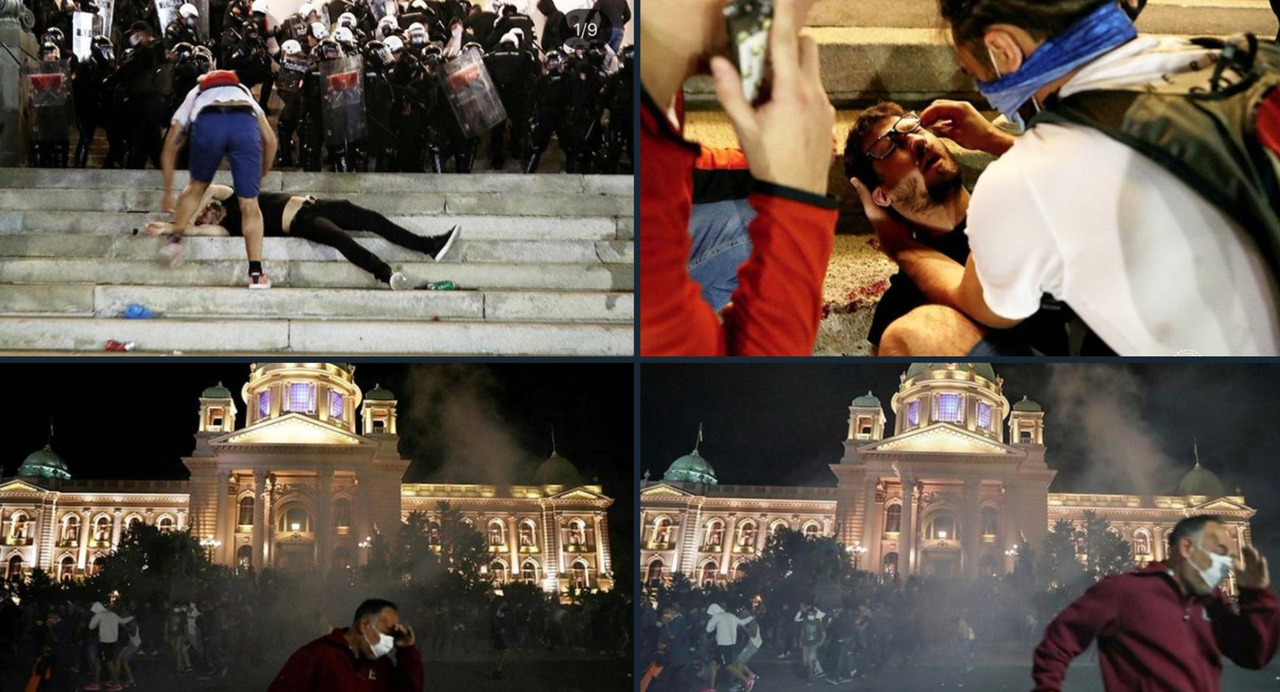Liverpool addresses its slave trade past
Issued on: 11/07/2020

Councillor Anna Rothery, the Lord Mayor of Liverpool, says its links to the slave trade amounts to "an awful, wicked history for the city" OLI SCARFF AFP
Liverpool (AFP)
Anna Rothery is the first black woman to hold the position of Lord Mayor of Liverpool, a largely ceremonial role for elected councillors to promote the interests of the city.
But she finds hard one aspect of Liverpool's past that made the city what it is today -- its links to the international slave trade.
"It's an awful, wicked history for the city," the city council member told AFP, pointing to a street sign named after one of Liverpool's leading slave-trading dynasties.
"Earle Street depicts a family that expanded over a century in terms of dealing with ships, slavery, working with plantations, transporting goods from Virginia," she said.
At the junction of Cunliffe Street and Sir Thomas Street, she points out that both were named after owners of the first registered slave ships to leave the city in northwest England.
"Everybody from around the world comes to the city to visit because they want to understand the role that Liverpool played in the transatlantic slave trade," she went on.
"And it was a huge role."
- Apologies -
The death of George Floyd, an unarmed black man, during a US police arrest sparked outrage across the world and a wave of anti-racism protests.
In Britain, as elsewhere, it also sparked heated debate about whether prestigious buildings and streets should still be named after people at the forefront of the slave trade.
Statues erected to honour slave traders have been torn down or cautiously removed by councils in response to the public mood.
For visitors, Liverpool is football, the Beatles and its so-called "Three Graces" -- the imposing Liver Building, Cunard Building, and Port of Liverpool Building.
But for locals, Rothery said "everybody recognises where the finance came from" to develop the port and grand buildings dating from the 18th and 19th centuries that still stand.
The city is coming to terms with its past: the International Slavery Museum opened in 2007 in Royal Albert Dock, yards from where slave ships were fitted out and repaired.
Liverpool University is planning to rename a student hall of residence named after the former prime minister William Gladstone because of his family's links to slavery.
But Rothery said "in 2020 you look around the city, you will see very few black people employed", denouncing "systemic racism".
University College London recently published a database of leading British institutions and companies that profited from slavery.
Included on the list were the Church of England, the Bank of England, insurers Lloyds of London, and the Greene King brewery chain.
Recognising the public mood, they apologised but the debate has not subsided, with discussion centred on the extent to which the British economy benefited from the practice.
A 2018 report by Klas Ronnback, professor of economics at the University of Gothenburg, estimated that in 1800, the slave trade accounted for 11.1 percent of Britain's economic output.
After Britain's abolition of slavery in 1833, damages were paid either directly or indirectly to thousands of former slave owners for the loss of "property".
In all, £20 million was paid -- a colossal sum for the time.
- Damages -
Today, it is damages to descendants of victims of slavery that are under discussion.
Some oppose such a move, arguing that descendants are impossible to identify or that organisations with links to the slave trade are not responsible for what happened 200 years ago.
Others, like Rothery, want money to fight inequality and give black people a fairer chance in society and the workplace.
"We must not only move forward on the question of statues and street names but also on the lack of economic opportunities for the black population," she said.
Joe Anderson, the city's directly elected mayor, has acknowledged Liverpool "hasn't done anywhere near the amount of things it should have done".
That included in the workplace and political representation.
UCL historian Keith McClelland, who works on the slavery database, believes funding scholarships for black students from disadvantaged backgrounds and donations to anti-racist associations would be a good way of addressing the issue of reparations.
This is already happening, with Greene King and Lloyds committed to offering "significant" payments to support black and ethnic minority communities, and improve racial diversity in their businesses.
© 2020 AFP



















